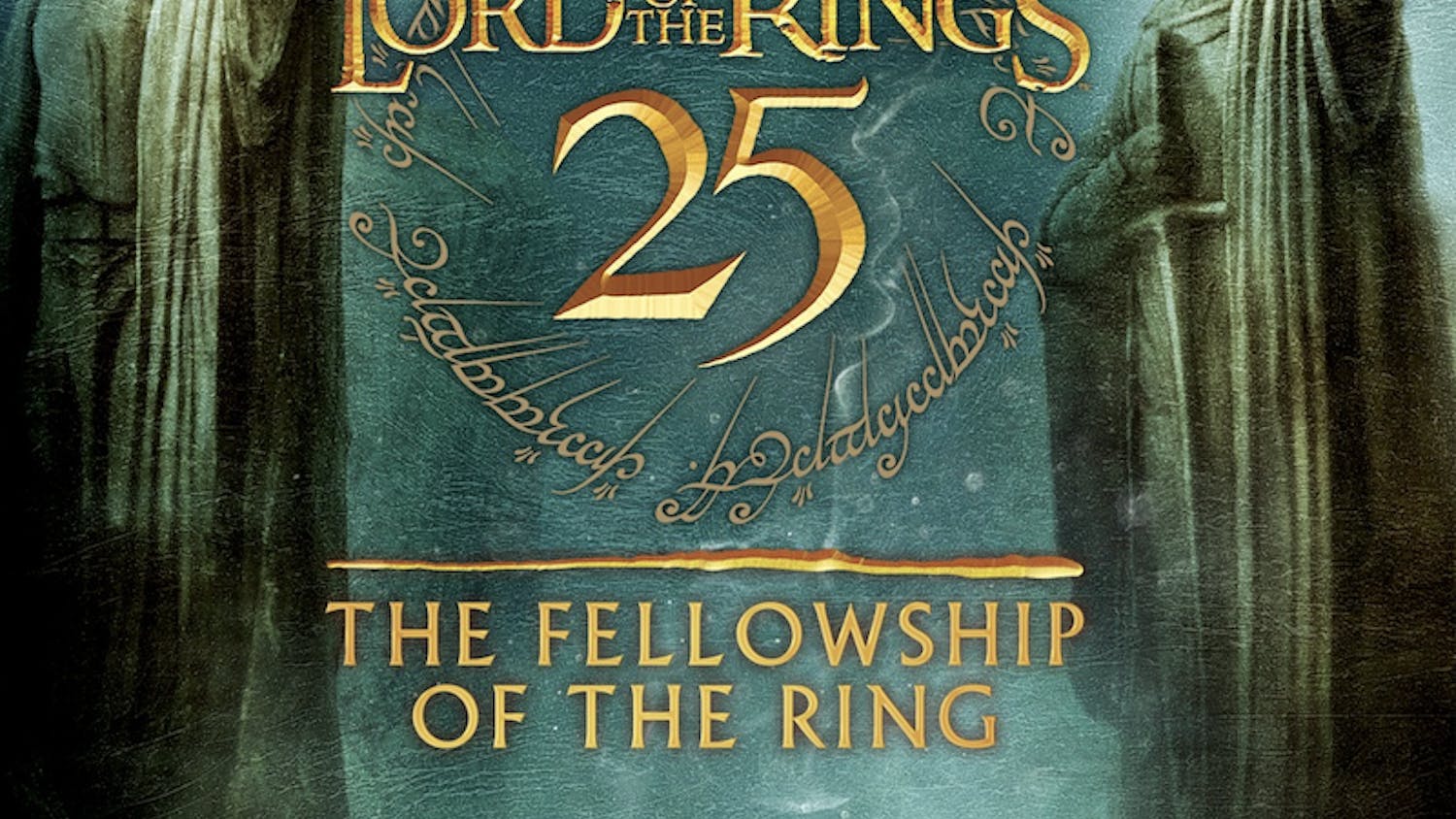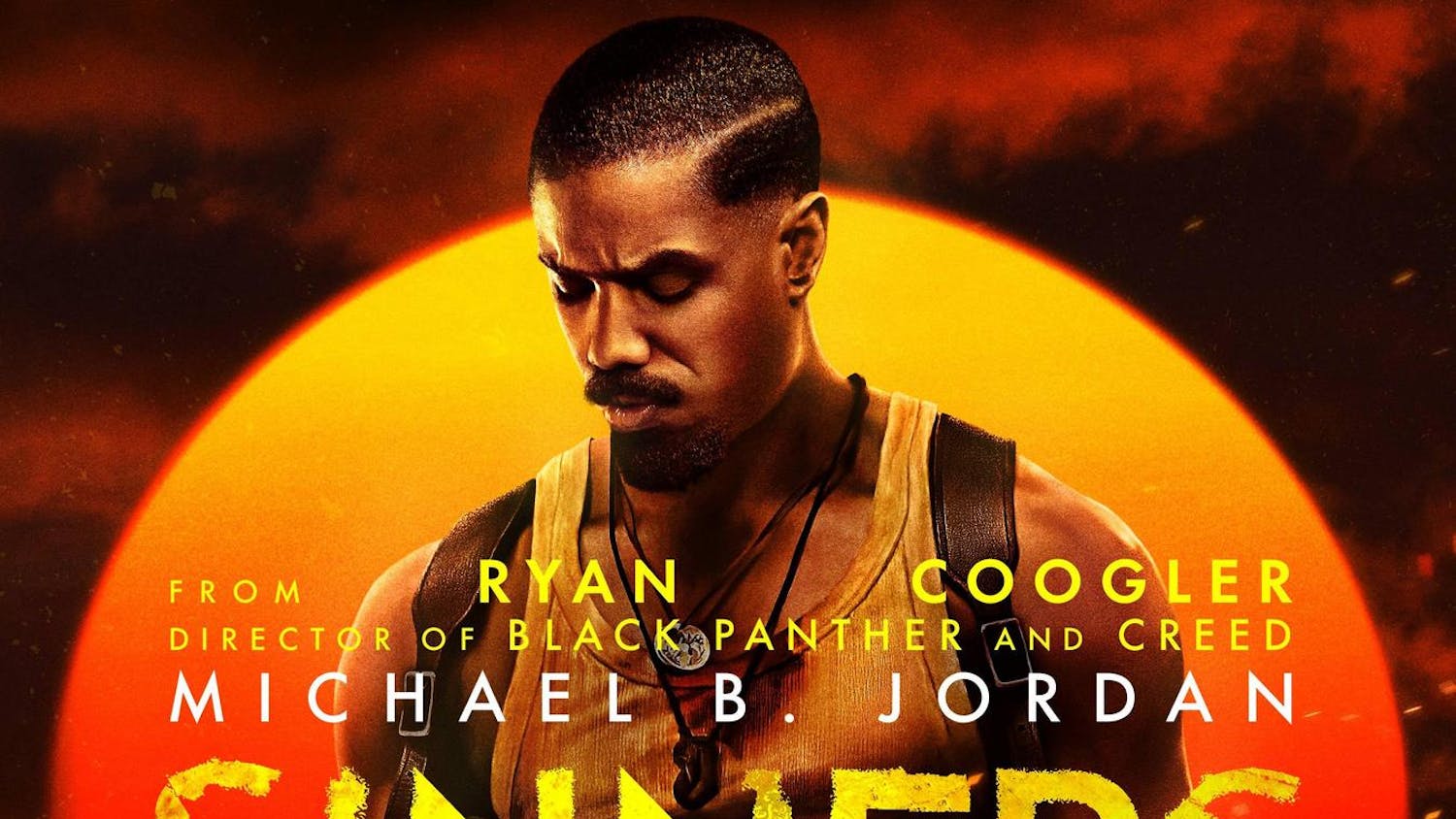By LEV AKABAS
Sometimes, in an art museum, you’ll come to a beautiful but conventional painting, perhaps a portrait or a still life. You’ll stand in front of it for a minute, marveling at the brushstrokes that bring it to life, but by the time you leave the museum, you won’t remember much about the piece. A work like Pablo Picasso’s Guernica, for example, which depicts the destruction caused by war in a unique and thought-provoking way, will stick with you much more than paintings that simply portray their subjects accurately.
Netflix original, Beasts of No Nation, based on a novel of the same name, is a devastating portrayal of child warfare. The film follows a young boy, Agu (Abraham Attah), who escapes into the jungle when a violent civil war reaches his home village in an unnamed African country. Agu is found by a group of rebel guerrillas, whose fierce commandant (Idris Elba) trains him to be a soldier for his army. It is a harrowing depiction of the atrocities that human beings are capable of committing against one another, and a well-done realistic portrait of war.
Director Cary Fukunaga doesn’t shy away from brutal, disturbing scenes that give the movie a gritty, authentic feeling. He forces us to watch people die on screen, and there are plenty of moments that made me cringe. When the commander orders Agu to kill an innocent man with a machete, I wanted to look away, but I had to keep watching in order to see what Agu would do.
The movie’s realism, however, is solidified by the acting. Whenever characters are at risk of dying, they look flat out terrified. The cast is mostly composed of unknowns, and this helps us feel as if we’re not watching actors at all. Attah is strong in his debut performance, capturing the beast that war turns Agu into, while reminding us of his humanity.
Elba is especially fantastic in his role as the unnamed, muscular, sunglasses-wearing commandant. Most of the time we’re terrified of him, but during some moments we respect him as a father figure, and at others we’re sickened by his depravity. Elba goes above and beyond a script that would reduce him to a caricature, creating a believable, multi-dimensional character that demands attention.
Despite its firm grounding in realism, the movie has a mythical quality. This is in part, because the country in which the events takes place, and the ideologies of the fighting groups are never specified. This ambiguity allows the film to tell a universal story, but leaves us with little to latch onto and draw meaning from. This puts pressure on the dialogue to give the movie a unifying direction. However, the film unable to break away from many war movie cliches, and fails to rise to the occasion.
The film squanders the opportunity to explore the complex psychological journey that Agu undergoes by focusing more on what’s going on around him, than what’s going on in his mind. Given that much of the film is narrated by Agu, it’s surprisingly hard for us to understand how Agu feels about committing immoral actions and his relationship with the commander. Agu is more a vehicle for the audience to see what war is like than a fully fleshed-out character, and, as a result, the less gorily tragic scenes don’t hold much weight.
The movie’s lack of thematic focus also makes it difficult for it to conclude in a satisfying way. Towards the end, I hoped I’d be left to ponder questions of war and trauma, Agu’s innocence or what drives people to engage in war in the first place. The movie shows you the horrors of war, but it doesn’t have anything new to say about them. It forces you feel, but doesn’t force you to consider how you feel.
That being said, Beasts of No Nation is in impressive technical accomplishment, and it's a shame that most audiences will be watching it on laptops due to its release on Netflix. The cinematography makes effective use of light and shadow, tracking shots that show you what the characters are seeing, and beautiful establishing shots of landscapes. A still at just about any moment during the movie would render a beautiful image worthy of being in a photography exhibition.
It’s an important film that forces us to face the terrifying chaos that is taking place in our world. Beasts of No Nation has the potential to be a masterpiece due to its engrossing style and talented cast, it justdoesn’t present its subject in a way that resonates. Like that beautiful painting in an art museum, the technique catches my attention; I look at it in amazement, and feel emotion, but ultimately, it's no Guernica.

Netflix's Beasts of No Nation
Reading time: about 5 minutes
COURTESY OF NETFLIX
Read More










